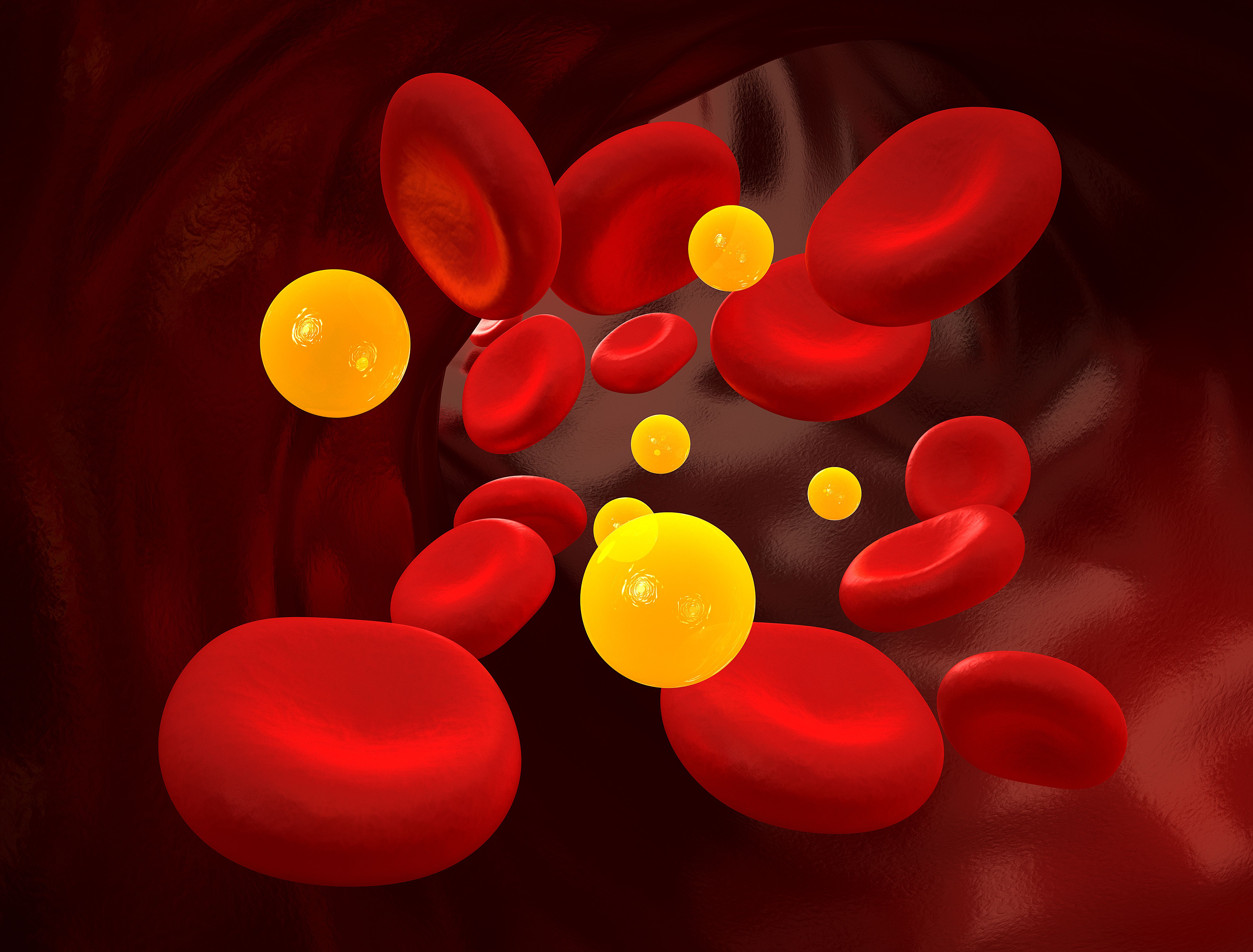Article
CLEAR Outcomes: Bempedoic Acid Reduces Cardiovascular Events
Nearly 3 years after approval from the US Food and Drug Administration for lowering LDL-C, data from the CLEAR Outcomes trial confirm bempedoic acid (NEXLETOL) use is associated with a statistically significant and clinically meaningful reduction in risk of major adverse cardiovascular events.
Announced in a December 7 statement from Esperion, the company expects to present comprehensive data at a medical conference in the first quarter of 2023 and suggests, with results, bempedoic acid becomes the first ATP citrate lyase inhibitor and first oral non-statin to meet the MACE-4 primary endpoint, which includes cardiovascular death, non-fatal myocardial infarction, non-fatal stroke, and unstable angina requiring hospitalization.
“With the announcement of these positive topline results, bempedoic acid becomes the first ATP-citrate lyase inhibitor to demonstrate significant and clinically meaningful outcomes results for patients in whom existing lipid lowering therapies fall short,” said Sheldon Koenig, President and CEO of Esperion. “We thank the thousands of patients and investigators worldwide for bringing this study to a successful close. We look forward to sharing this data with the medical community and submitting to appropriate regulatory authorities as quickly as possible in 2023. CLEAR Outcomes further strengthens the clinical evidence supporting the role of bempedoic acid for patients.”
Approved in 2020 based on the results of data from Esperion’s phase 3 CLEAR program, which included 4 phase 3 trials, many care providers expressed concern over the lack of outcomes data. A phase 3 trial, CLEAR Outcomes was designed as an event-driven, randomized, multicenter, double-blind, placebo-controlled trial with the aim of determining whether use of bempedoic acid was associated with reductions in risk of cardiovascular events in among a population of more than 14,000 patients with high risk for cardiovascular disease with documented statin intolerance and elevated LDL-cholesterol levels from more than 1200 sites in 32 countries.
In the pivotal trial used for the February 2020 approval of bempedoic acid, results suggested use was associated with an 18% reduction in LDL-C when used as an adjunct to maximally tolerated statin therapy and a 28% reduction when used in statin-averse patients. At the time this article was published, bempedoic acid was indicated by the FDA for use as an adjunct to diet and maximally tolerated statin therapy for the treatment of adults with HeFH or established ASCVD.




